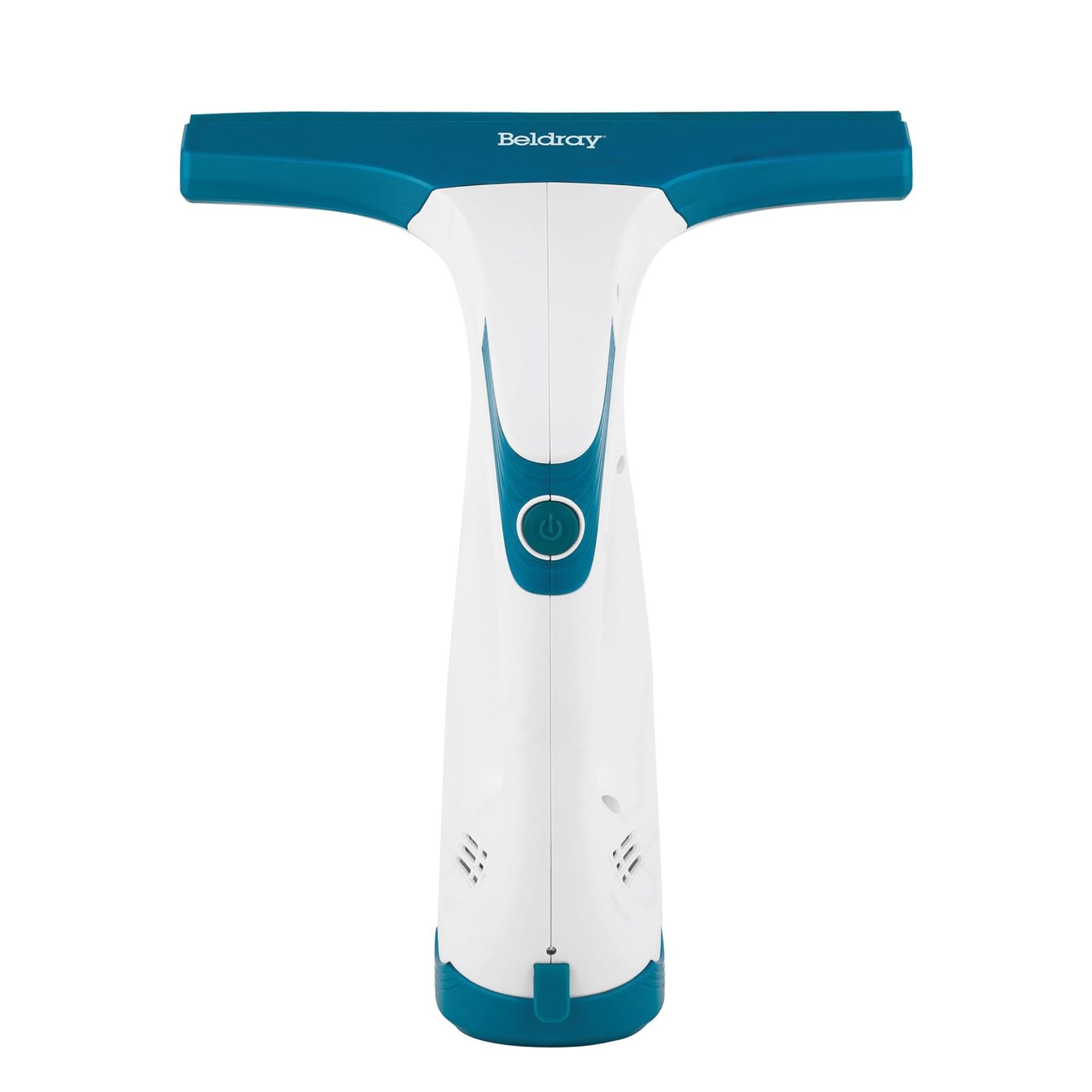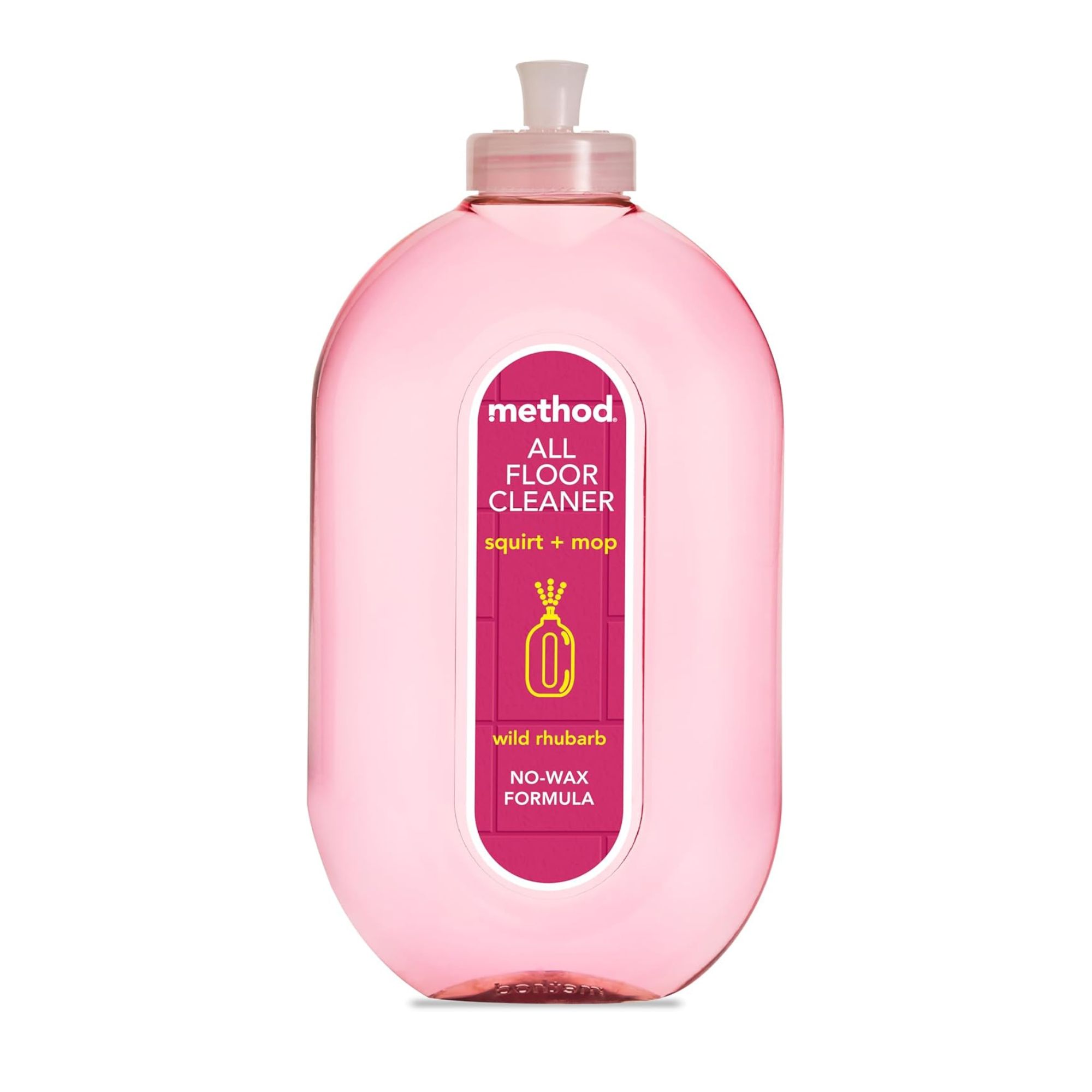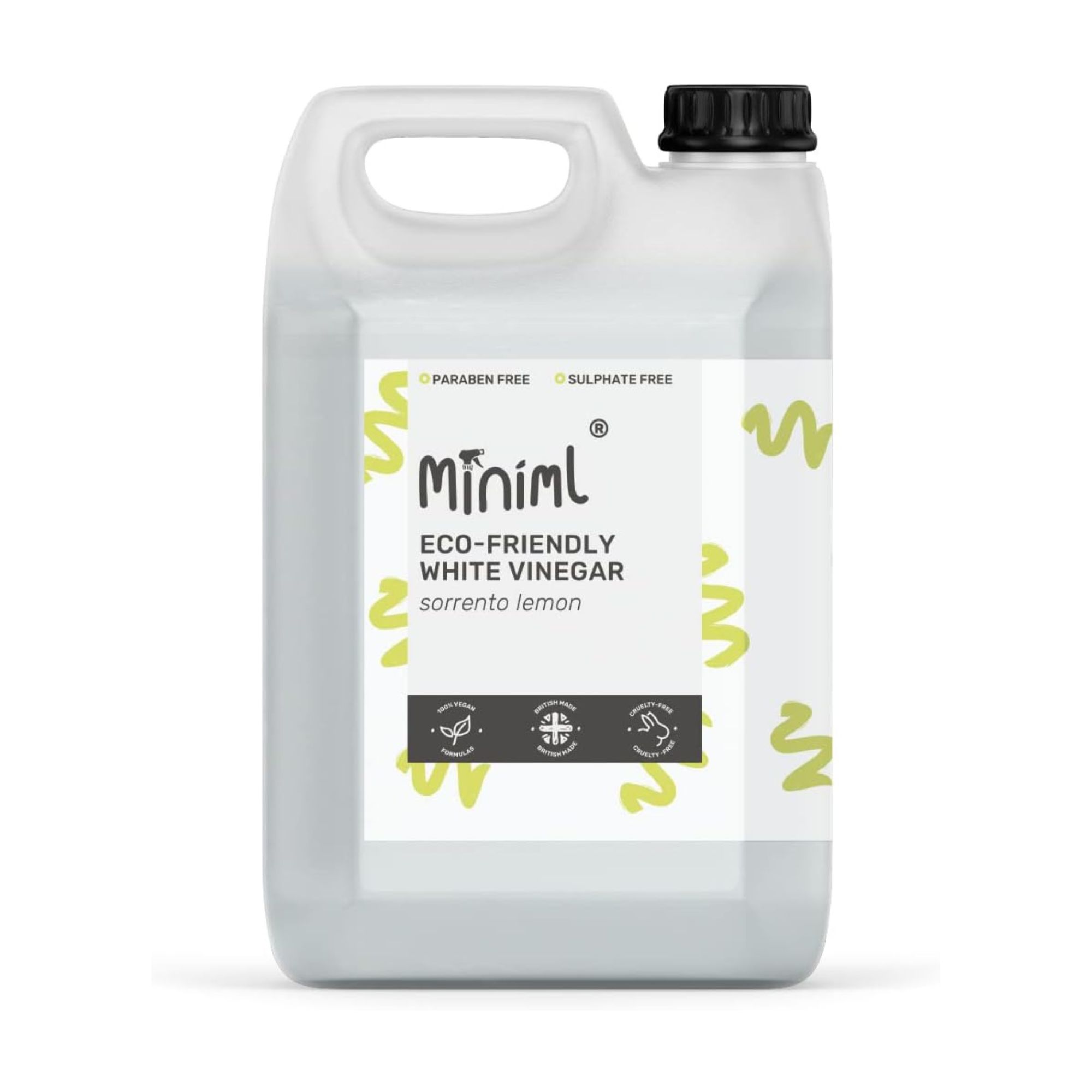Cleaning experts reveal 6 cleaning jobs you should never use dehumidifier water for – it will do way more harm than good
Dehumidifiers have many important uses, but you should always avoid using dehumidifier water for these chores

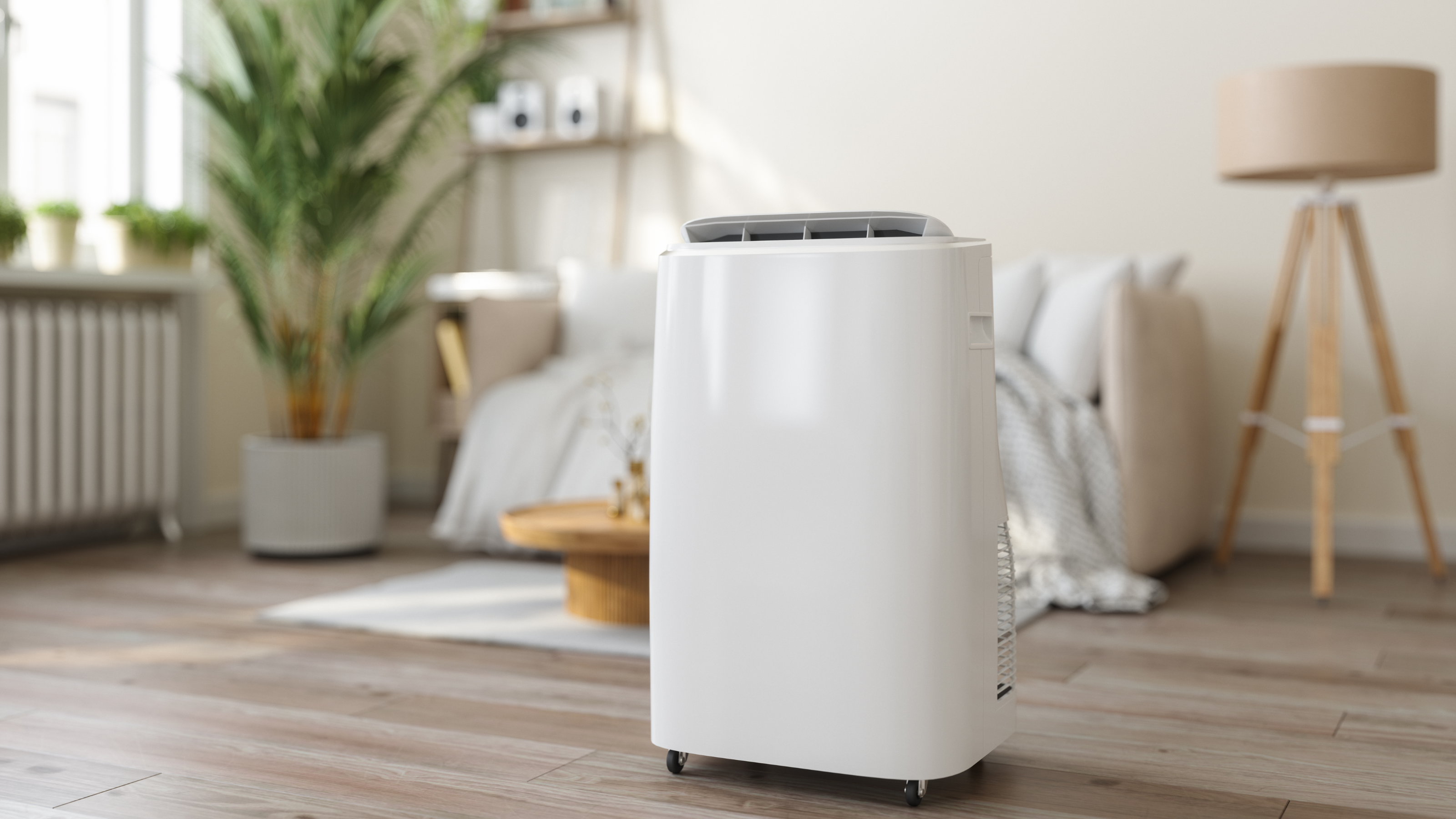
Sign up to our newsletter for style inspiration, real homes, project and garden advice and shopping know-how
You are now subscribed
Your newsletter sign-up was successful
A dehumidifier is one of the most handy appliances you can own during the winter months. Sucking excess moisture from the air and storing it in a large tank, they’re a must-have for preventing damp mould and condensation.
While the more savvy of us may have found cleaning jobs to use dehumidifier water for, experts are warning that there are some tasks where this ‘grey water’ is inappropriate and should always be avoided.
The best dehumidifiers are somewhat miracle workers during winter, but they can’t be used to tackle every single household chore. You probably don’t need me to tell you that dehumidifier water isn’t suitable for eating or drinking. These are the six lesser-known tasks you should always avoid using dehumidifier water for.
1. Watering edible plants
‘As dehumidifier water can potentially contain a range of contaminants, it should not be used for watering any plants that are going to be eaten. However, it can be used for watering hardier plants or those that are non-edible,’ says Jess Thomas, managing director of Drainage Central.
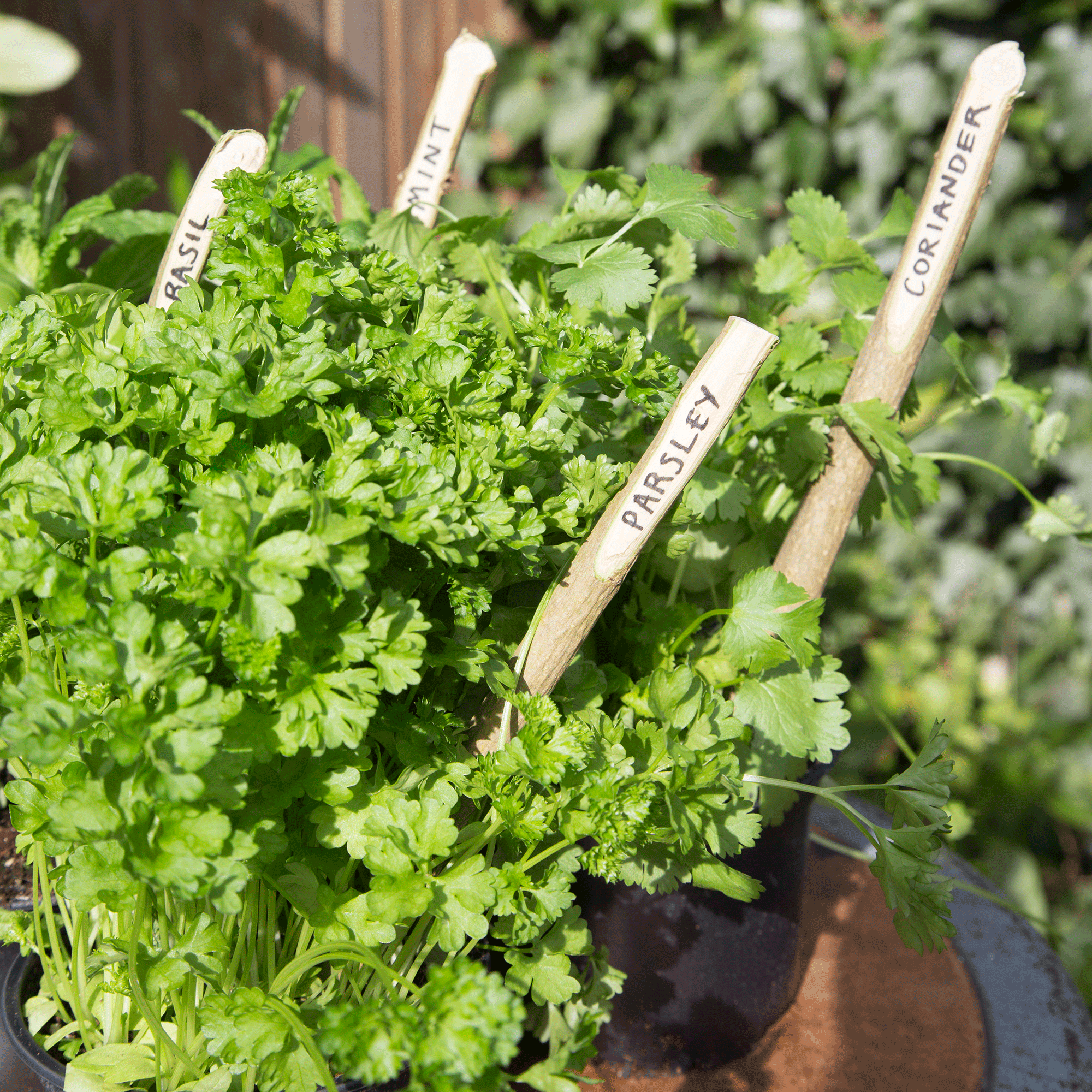
While you can use grey water to water houseplants (and some plants like orchids love it), if you have a kitchen herb garden or veg patch, it is best to avoid watering any produce you plan on eating.
You need to remember that dehumidifier water is not the same as distilled water. It will remove any allergens or contaminants in the air whilst absorbing moisture, which you then risk consuming if you water edible plants with it.
2. Cleaning your kitchen
The most popular use for dehumidifier water is for cleaning; however, you should always avoid using this grey water to clean a kitchen or any food preparation areas.
Sign up to our newsletter for style inspiration, real homes, project and garden advice and shopping know-how
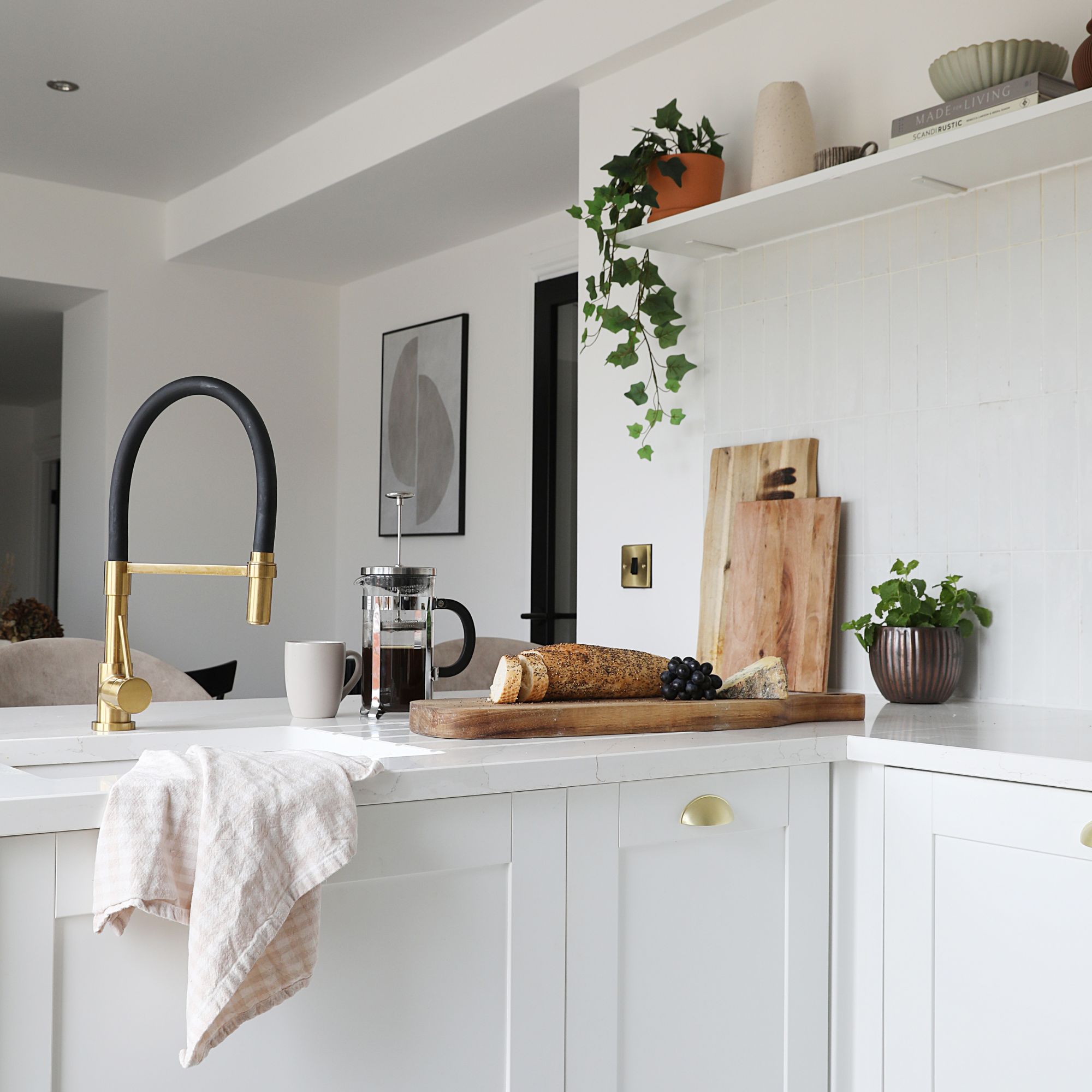
This is because dehumidifier water ‘lacks the purity needed for hygiene-sensitive areas,’ says Chris Michael, CEO at Meaco.
3. Cleaning porous materials
Another great use for grey water is cleaning your floors, but if your flooring or work surfaces are made from porous materials, such as natural stone, it’s best to avoid it.
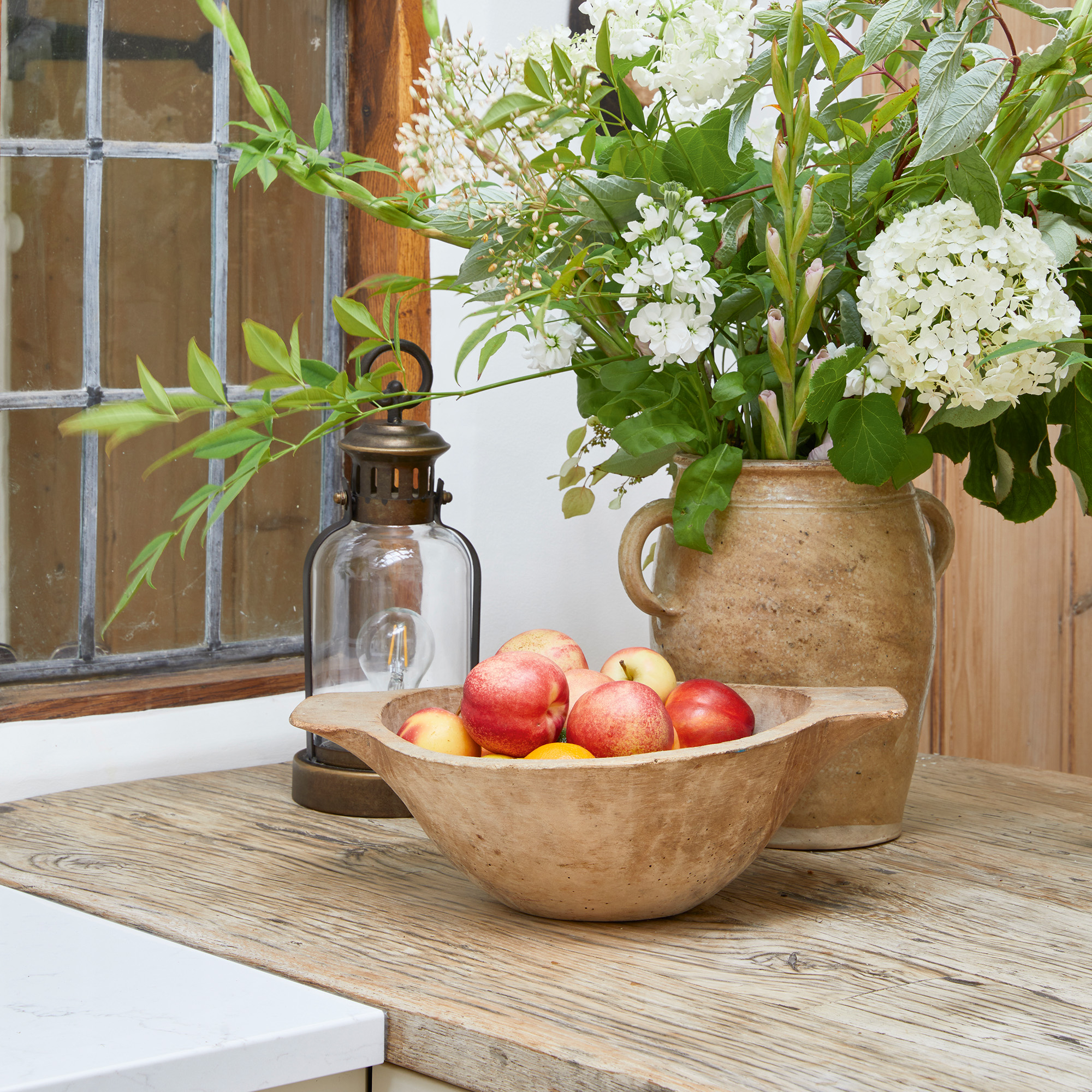
‘Avoid using dehumidifier water on porous materials like natural stone, unsealed wood, or leather. While it might appear clean, dehumidifier water often contains trace minerals, metal residues, and airborne contaminants picked up during condensation. When used on porous surfaces, these impurities can penetrate and cause staining, discolouration, or even etching over time,’ says Henrique Conceicao, area manager at Total Clean.
‘Your marble or granite countertops may lose their sheen, and untreated wood can develop marks or warping. Leather, too, is particularly vulnerable as moisture and impurities can cause it to crack or develop mildew. If you want to reuse dehumidifier water, reserve it for low-risk cleaning tasks, such as mopping outdoor tiles or rinsing garden tools, where potential residue won’t cause harm.’
4. Cleaning clothes
‘Dehumidifier water is not suitable for washing clothes as it is not sterile and can contain a range of contaminants. Bacteria or mould spores from the dehumidifier water can be transferred onto clothing, and if your dehumidifier has metal coils, these can release trace amounts of metal into the water,’ says Jess.

Instead, invest in a good quality washing detergent (I like the Miniml Jasmine and Vanilla Laundry Liquid, £6.50 at Amazon) or even try out cheap alternatives like baking soda.
5. Personal washing or pet care
‘The water may contain micro-organisms that could irritate skin or cause illness if swallowed,’ says Chris.
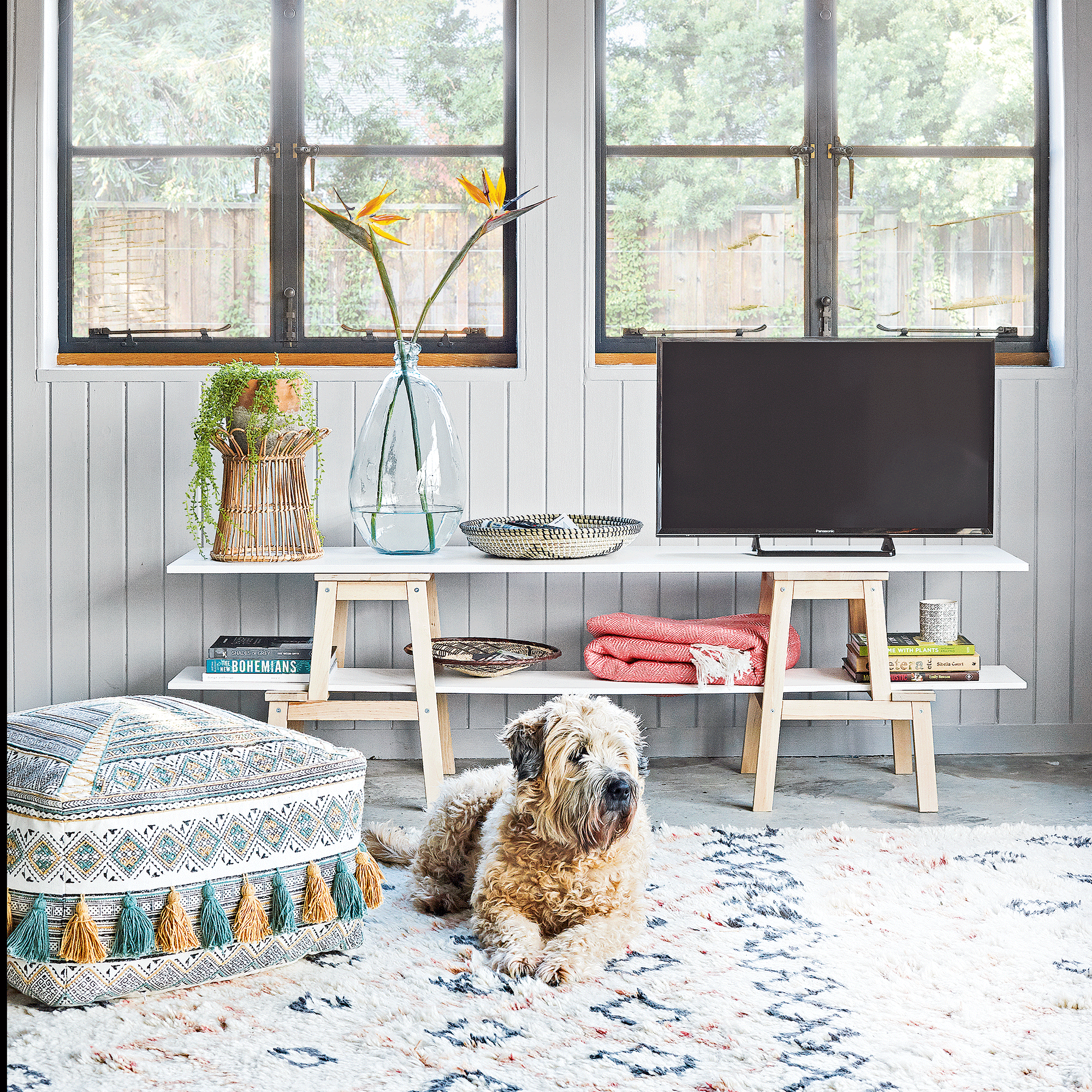
It’s best to avoid dehumidifier water where it comes into contact with you, your family or your pets, as the water may contain nasties it’s extracted from the air while removing water.
6. Cleaning a mirror
Last on the list, you should never use dehumidifier water to clean a mirror, as it can leave streaks, meaning you’ll have to complete this task all over again.
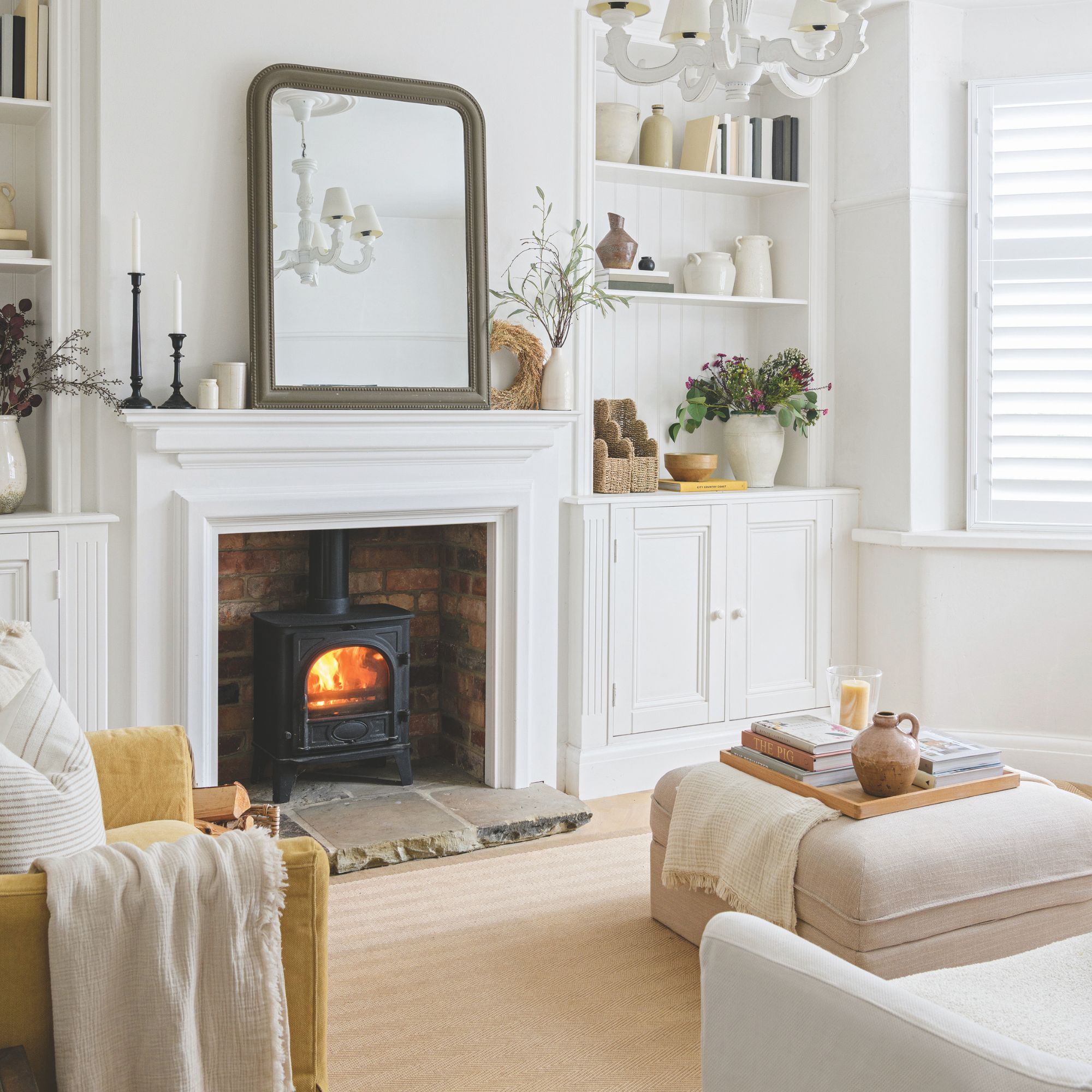
‘You should never use dehumidifier water for cleaning glass or mirrors, as it can contain minerals and tiny impurities that leave streaks, spots or a cloudy film. Instead of leaving surfaces sparkling, it can make them look dull and harder to clean over time,’ says David Marquardt, CEO of The Steam Team.
‘The same goes for mirrored furniture or polished glass, where residue can quickly build up and ruin the finish. It’s also unsafe to use this water on electronics such as laptops, keyboards or remote controls. Even the smallest trace of contaminants can cause corrosion or short circuits if moisture seeps into delicate components. To avoid damage, always stick to distilled or filtered water for surfaces or devices that need to stay clean and streak-free.’
What to use instead
How do you use dehumidifier water around your home? Have you made any of these mistakes before?

Kezia Reynolds joined the Ideal Home team as News Writer in September 2024. After graduating from City, University of London in 2022 with a bachelor’s degree in journalism, Kezia kicked off her career spending two years working on women’s weekly magazines. She is always on the lookout for the latest home news, finding you the best deals and trends - so you don’t miss a thing!
